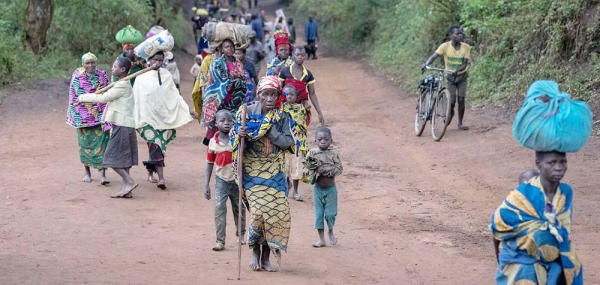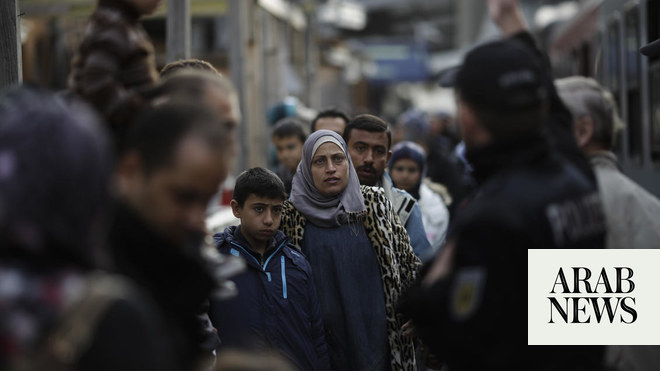
The full-scale war in Ukraine, alongside other conflict and climate-driven upheaval, meant more people than ever remained uprooted from their homes last year, heightening the urgency for immediate, collective action to alleviate the global crisis, the UN refugee agency (UNHCR) said on Wednesday.
The agency’s flagship annual report, Global Trends in Forced Displacement 2022, found that by the end of 2022, the number of people displaced by war, persecution, violence, and human rights abuses stood at a record 108.4 million, up 19.1 million on the previous year — which was also a record increase.
The figure today, is approximately 110 million, taking into the account the Sudan displacement crisis which is still seeing thousands flee each week due to ongoing violence between the army and rival militia.
“These figures show us that some people are far too quick to rush to conflict, and way too slow to find solutions. The consequence is devastation, displacement, and anguish for each of the millions of people forcibly uprooted from their homes,” High Commissioner for Refugees Filippo Grandi said.
Of the global total, 35.3 million were refugees, people who crossed an international border to find safety, while a greater share, 58 percent, representing 62.5 million people — were internally displaced due to conflict and violence.
Russia’s invasion of Ukraine was the top driver of displacement in 2022. The number of refugees soared from 27,300 at the end of 2021, to 5.7 million at the end of 2022 — representing the fastest outflow of refugees anywhere since World War Two.
Estimates for the number of refugees from Afghanistan were sharply higher by the year’s end, due to revised estimates of Afghans hosted in Iran, many having arrived in previous years.
Similarly, the report reflected upward revisions by Colombia and Peru of the numbers of Venezuelans, mostly categorized as “other people in need of international protection,” hosted in those countries.
The figures also show it remains the world’s low and middle-income countries, not wealthy states that host most displaced people.
The 46 least developed nations, account for less than 1.3 percent of global gross domestic product, yet they hosted more than 20 percent of all refugees, UNHCR said.
Funding for displacement and to support hosts, remained inadequate for 2022 and the same applies so far this year, the agency added.
“People around the world continue to show extraordinary hospitality for refugees as they extend protection and help to those in need,” Grandi added, “but much more international support and more equitable responsibility sharing is required, especially with those countries that are hosting most of the world’s displaced.
At the end of 2022, an estimated 4.4 million people worldwide were stateless or of undetermined nationality, a full two percent more than at the end of 2021.
The Global Trends report is being launched six months ahead of the second Global Refugee Forum, a major gathering in Geneva bringing together a range of actors to find new solutions for people forced to flee and their hosts, and to emphasize the importance of global solidarity in confronting the problem. — UN News












